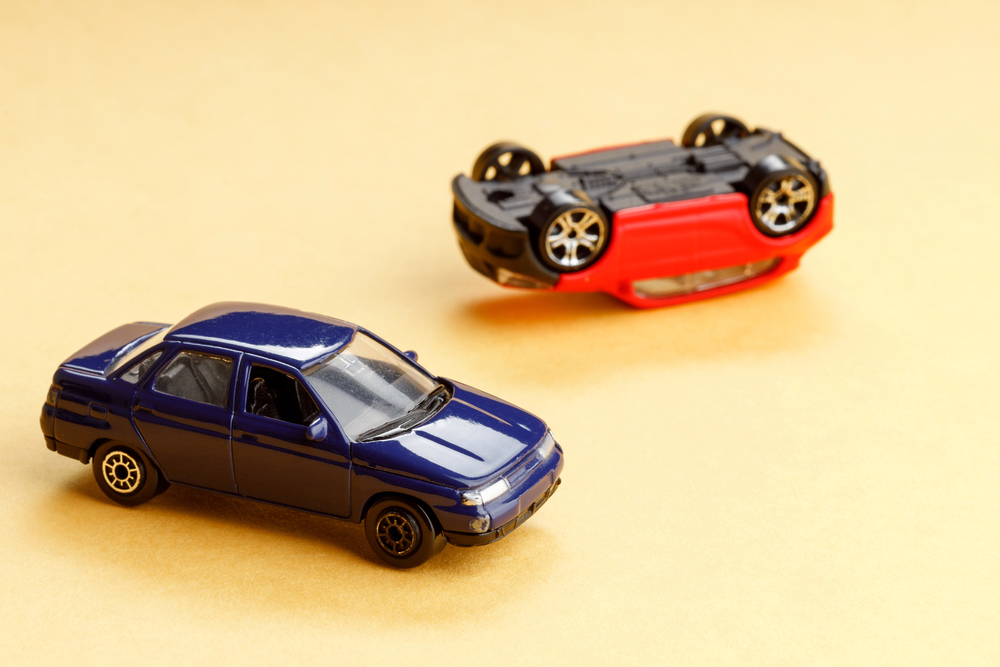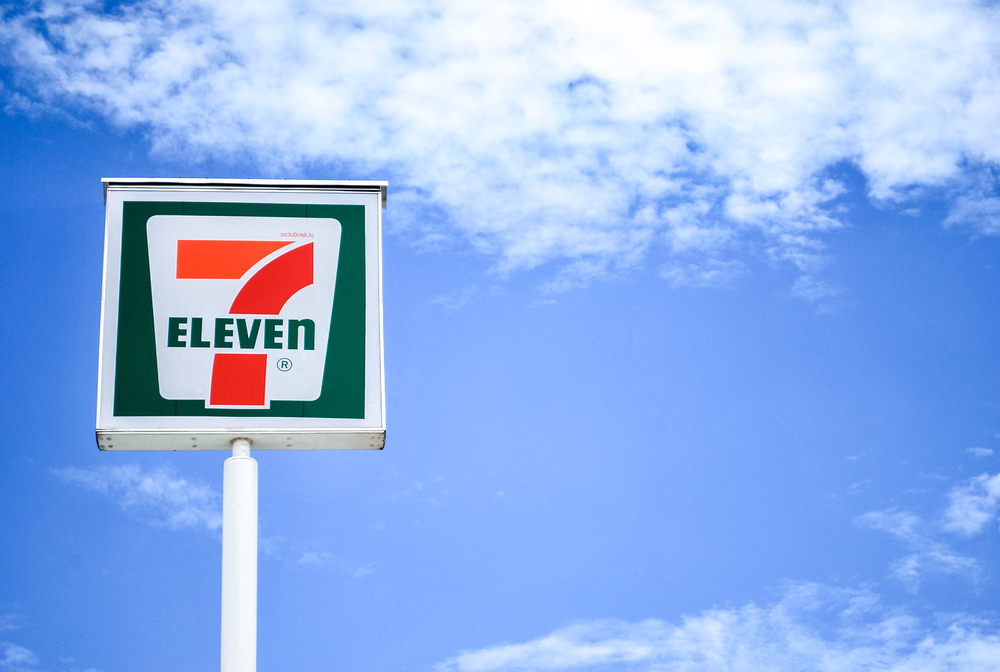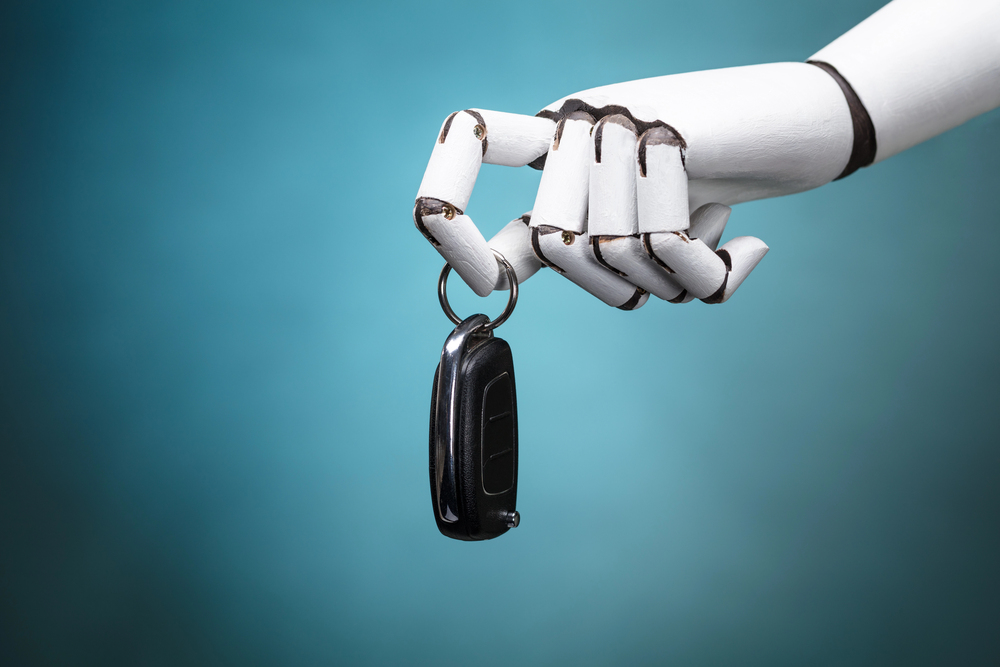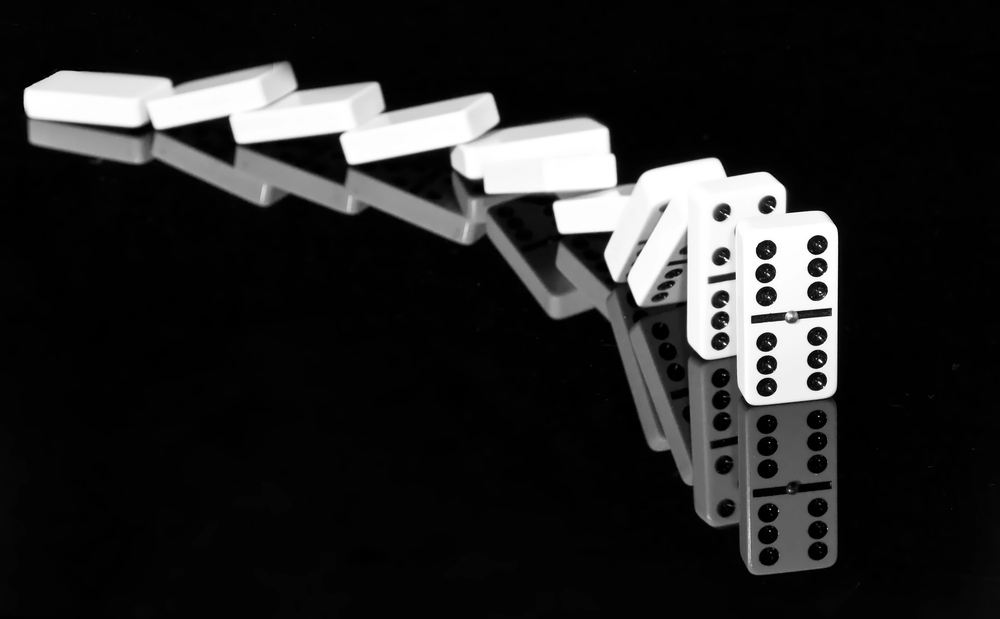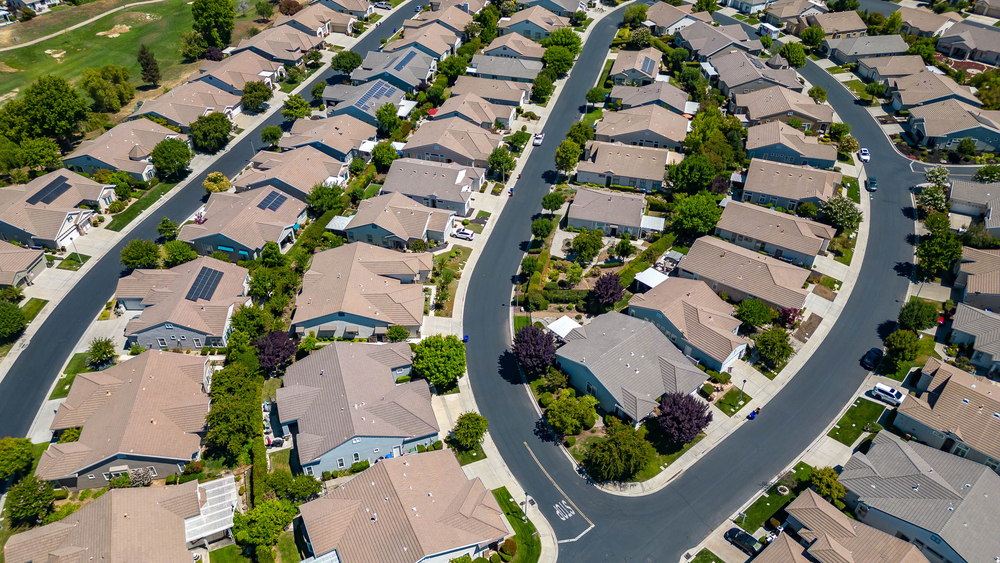Is 3rd Party Damage Due to Mechanical Failure Excluded from a PAP?
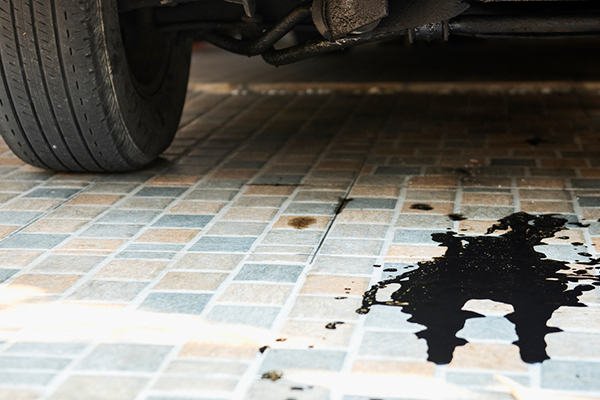
By: Big “I” Virtual University Faculty
A personal auto client based in Louisiana discovered what he thought was smoke coming from under the hood of his vehicle. As soon as he could safely do so, he exited the roadway to avoid causing any traffic issues or accidents. He pulled into a private drive to investigate. The issue turned out to be a transmission fluid leak, which ultimately leaked onto the newly paved concrete driveway. The fluid could not be cleaned up, leaving a significant stain. The cost for repair and replacement was over $7,000.
The carrier denied the damages to the vehicle as mechanical failure, which the agent agrees with. However, the carrier is also denying the damages to the driveway, as it was not an accident but was due to mechanical failure.
Q: Is damage to another person’s property due to mechanical failure excluded from the liability coverage of a PAP?
Response 1: The adjuster is wrong. The client’s personal auto policy doesn’t define what an accident is, nor does it limit liability only to “motor vehicle accidents,” as many do.
A common definition of an accident would be: “an unfortunate incident that happens unexpectedly and unintentionally, typically resulting in damage or injury.” Sounds like an accident by that definition. Also, the damage must be caused by the insured’s ownership, maintenance or use of an auto. This could qualify on all three of those counts.
The carrier might be within their rights to deny coverage because the insured wasn’t negligent. The insured may not be legally responsible but the carrier would need to state that and be prepared to defend the insured if a lawsuit was brought.
Response 2: The exclusion cited by the claim adjuster is not applicable to the third-party loss. The exclusion is applicable only to “Damage To a Vehicle” and I agree that damage to the vehicle is excluded. However, the simple language of the policy does not address the “accidental” damage to the third-party property caused by the insured’s vehicle.
The policy says:
When used in this Part I:
1. “Insured person” means:
a. you, a relative, or a rated resident with respect to an accident arising out of the ownership, maintenance or use of an auto or a trailer;
It could be said that this accident arose out of the maintenance or failure to maintain the vehicle.
Also, the term “accident” is not defined in the policy. To the best of my knowledge, Louisiana has not defined “occurrence” or “accident” as it relates specifically to property & casualty policies, but raters adopt the same definition it has applied to workers compensation.
According to the Court of Appeals of Louisiana, Third Circuit, in Boudreaux v. Verret:
Appellants contend that this policy is ambiguous because although it defines “occurrence” to mean in part “an accident”, the policy does not then define “accident.” In insurance interpretation relative to the employment relationship it is proper to look to the Workmen’s. Compensation Act. Heiser v. Gibson, supra. The Workmen’s Compensation Act at LSA-R.S. 23:1021(1) defines “accident” as follows:
(1) `Accident’ means an unexpected or unforeseen event happening suddenly or violently, with or without human fault and producing at the time symptoms of an injury.
Ultimately, yes, there was an accident, and coverage should apply.
Response 3: I agree that the damage to the insured’s car was due to mechanical failure, but I cannot agree with the denial of the third-party liability claim.
While there is an exclusion for mechanical breakdown under Part IV: Damage to a Vehicle, I found no such exclusion under the liability section of the PAP. I would ask the adjuster to point out the mechanical failure exclusion under Part I: Liability to Others.
Based on the logic of the adjuster, if the car’s brakes failed and it ran into another vehicle, there would be no coverage.
Response 4: While the carrier is right to deny coverage for the insured’s vehicle, I don’t agree with their denial of the damage to the third party’s driveway. “Accident” is not a defined term under the policy, which means that the insured has the benefit of the broadest use of the term “accident”.
Merriam-Webster’s definition of “accident” includes the following variations:
- an unforeseen and unplanned event or circumstance
- an unfortunate event resulting especially from carelessness or ignorance
- an unexpected happening causing loss or injury which is not due to any fault or misconduct on the part of the person injured but for which legal relief may be sought
Black’s Law Dictionary’s definition of “accident” includes “an unintended and unforeseen injurious occurrence.”
The transmission leak of fluid clearly falls into one or more of the variations listed above.
Request from the carrier that a claim manager be involved and provide the claim manager with the information above. The claim should be handled quickly.
This question was originally submitted by an agent through the Big “I” Virtual University’s (VU) Ask an Expert service, with responses curated from multiple VU faculty members. Answers to other coverage questions are available on the VU website. If you need help accessing the website, request login information.
This article is intended for general informational purposes only, and any opinions expressed are solely those of the author(s). The article is provided “as is” with no warranties or representations of any kind, and any liability is disclaimed that is in any way connected to reliance on or use of the information contained therein. The article is not intended to constitute and should not be considered legal or other professional advice, nor shall it serve as a substitute for obtaining such advice. If specific expert advice is required or desired, the services of an appropriate, competent professional, such as an attorney or accountant, should be sought.

